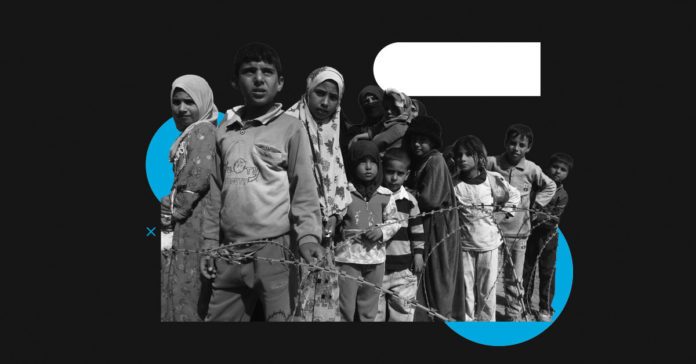“It is said that God is just. However one’s experience is on the contrary. Some human beings are seen physically challenged while others are mentally retarded. Is this not an injustice?”
This question is apparently very relevant, but a little thought will reveal its folly. Let us further elaborate the question and a number of questions will emerge in front of us. A short person can ask why he was not given six feet height; a black can ask why he was not created fair; and an ugly person can ask why he was not created handsome. A person who is only average in his mental capabilities can ask why he was not made a genius, and a desert dweller can ask why he was not born in a place where the weather was pleasant. The poor can ask why they were not born rich; the ruled can ask why they were not born as the rulers and the one lived in the tenth century can ask why he was not born in the twenty first century. All these questions are apparently just and relevant, and from the questioner’s point of view they have suffered gross injustice. The questions of our wives may appear even more relevant. They may ask why they have to bear the inconveniences of menstrual cycle, and why they have biologically to bear, give birth to and breast feed the children. Their spouses do not have such inconveniences. So a woman may ask why she was not created as a male and she may say that injustice has been done to her. If justice means the levelling of all the above differences, the whole human race should have been born in a single geographical area of the same climate, in the same age, in the same family to the same parents, with the same physical features and intellectual capabilities, with the same sex, and all of them should also live in equally uniform good health. This as everybody knows is an impossible and impractical situation. So differences and diversities are the bases of human existence.
If human life had ended with death, all the questions regarding justice would have been pertinent. If death is the end of human life, then justice certainly demands that all should have equal opportunities to enjoy life from cradle to grave. However, the almighty and the Just God don’t end human life with death. The worldly life is only the period of actions or deeds. The trial, judgement and reward or punishment will be accorded in the life hereafter. Each one’s obligation in this life depends on the capabilities given to them.
The poor have not as much obligation as the rich and the ignorant one’s obligation is below that of the learned. The genius is more responsible than the average human being and the obligation of the mentally retarded is certainly far below. The physically handicapped persons have fewer obligations compared to the healthy ones. The success or failure of one’s life depends on whether he has fulfilled his obligations according to his ability. People will be judged in what ways they used the capabilities given to them and in the life hereafter they will be rewarded or punished depending upon the performance or non performance of the obligations entrusted to them. Therefore the differences in human condition become unjust, only if there is no life hereafter. Life in the immortal world hereafter is inevitable, and hence physical disabilities and other differences in health, intellectual calibre etc do not negate the justice of God.
Moreover the healthy are tested by the physically challenged, and the rich by the poor. The healthy and the rich will be rewarded or punished in the life hereafter, depending on whether or not they have fulfilled their obligation towards the handicapped and the poor, by their compassion, love co-operation and help.
However, the materialists who deny the existence of God and the life hereafter cannot answer questions on justice. Why ‘Nature’, which gave the universe a definite order and rhythm, did not show justice to human beings? What solutions can the materialists suggest for the injustice of “nature”? Let the atheists and the anti-religious people answer the question.
[Dialogues on God, Creed and Scripture by Sheikh Muhammad Karakunnu, p.29-30]









